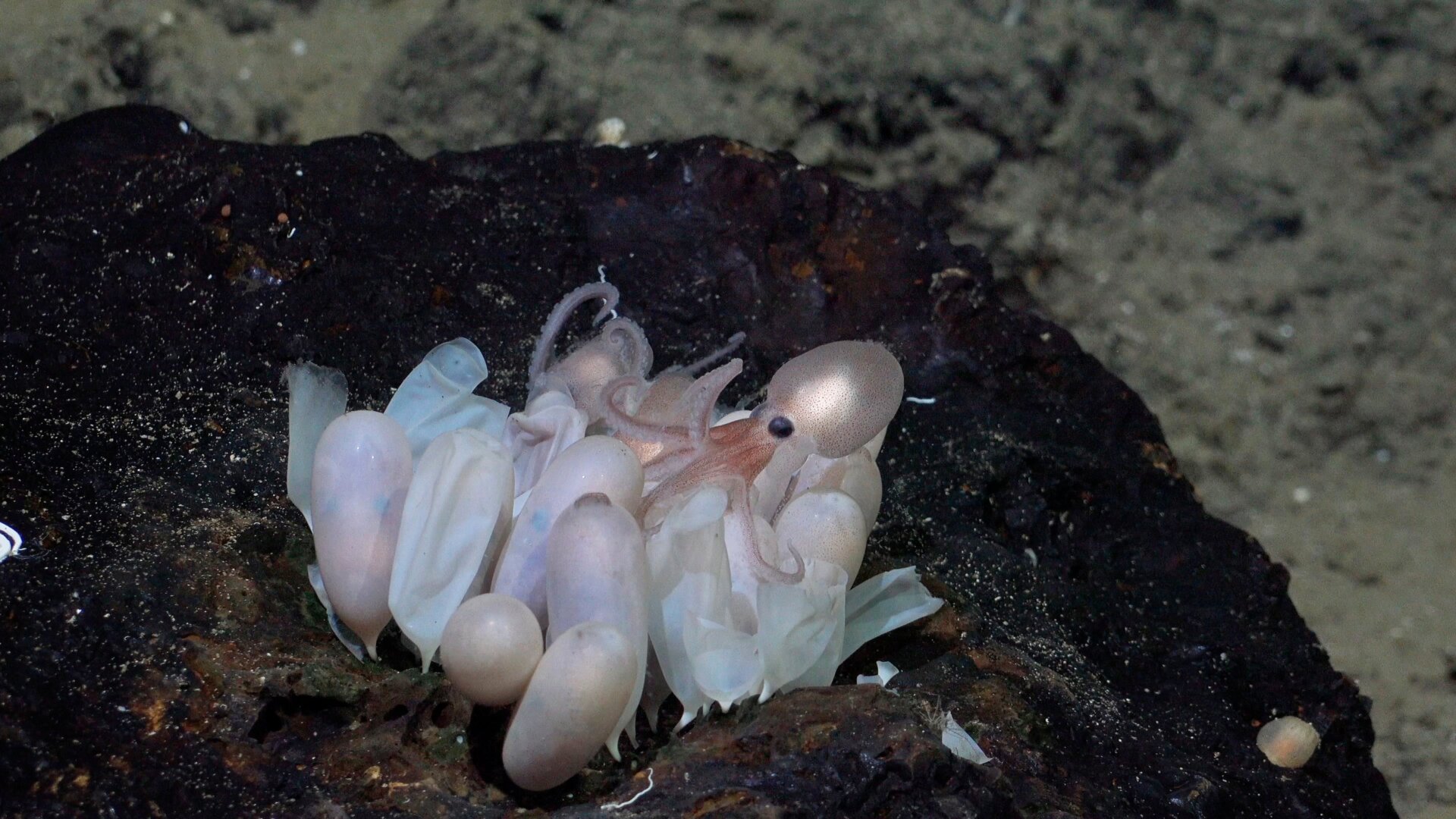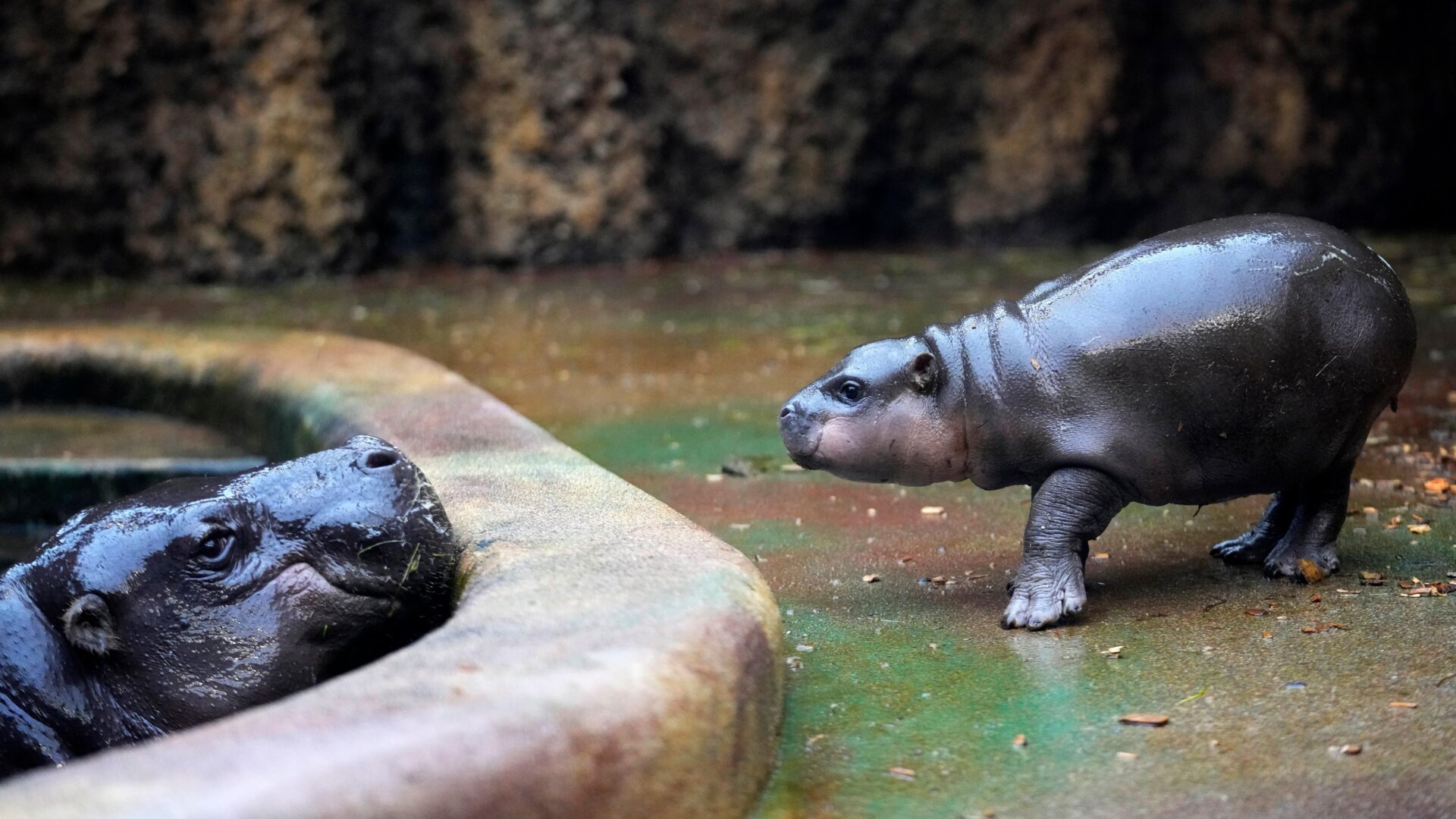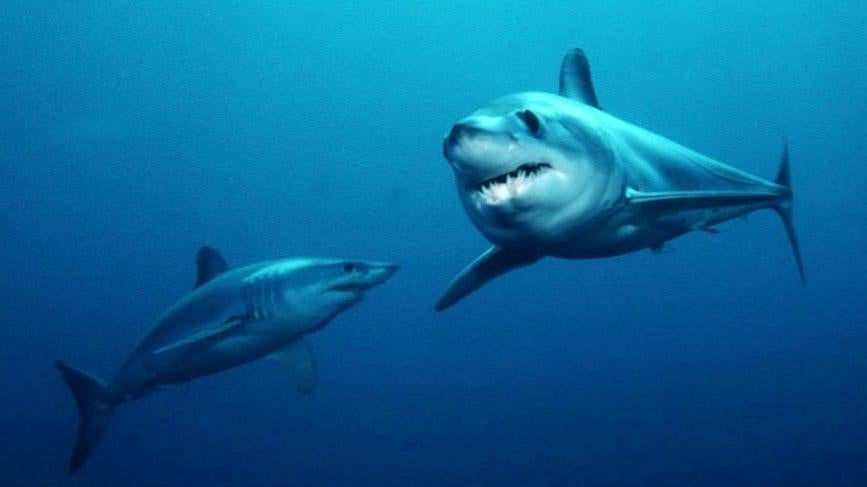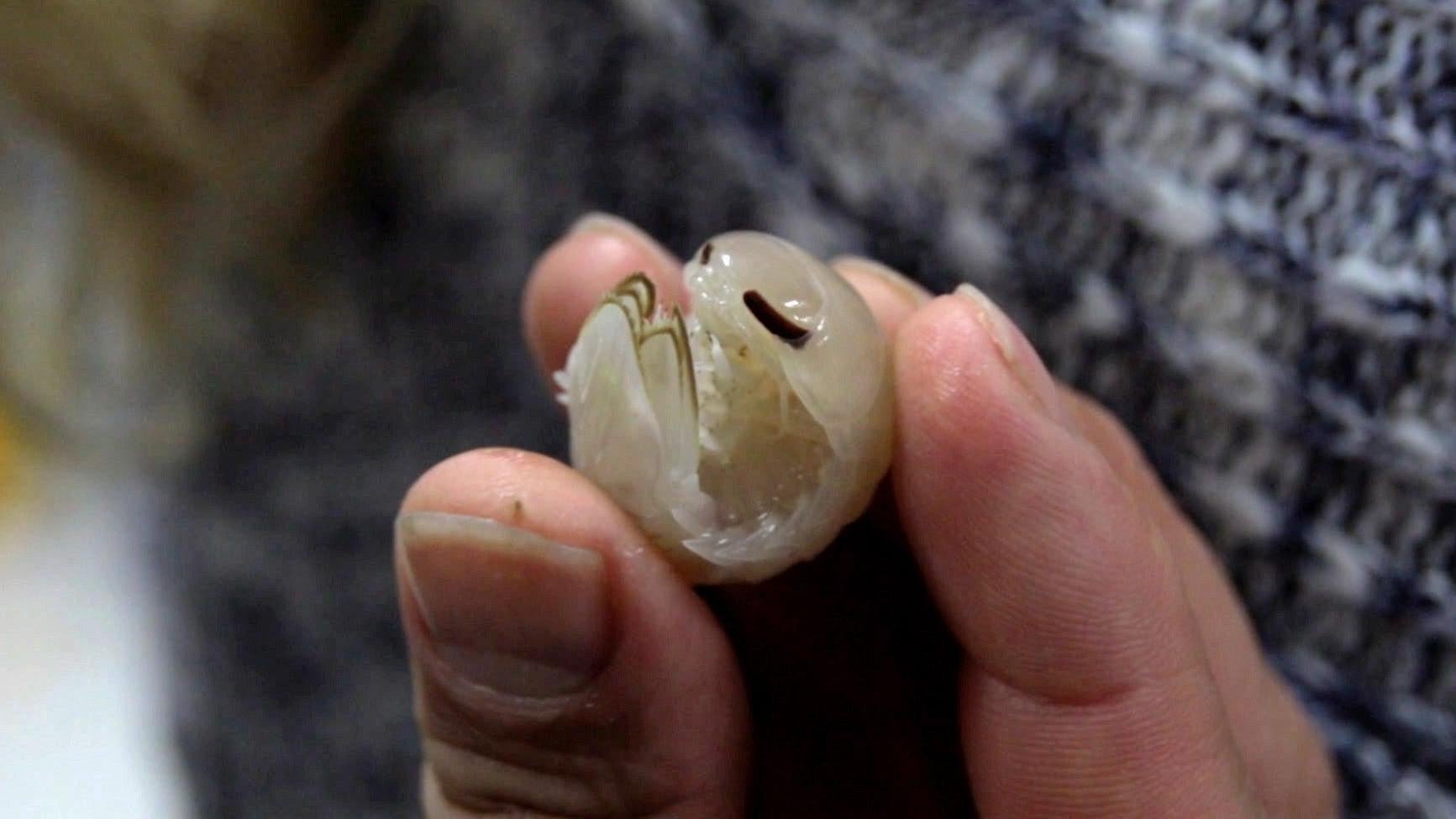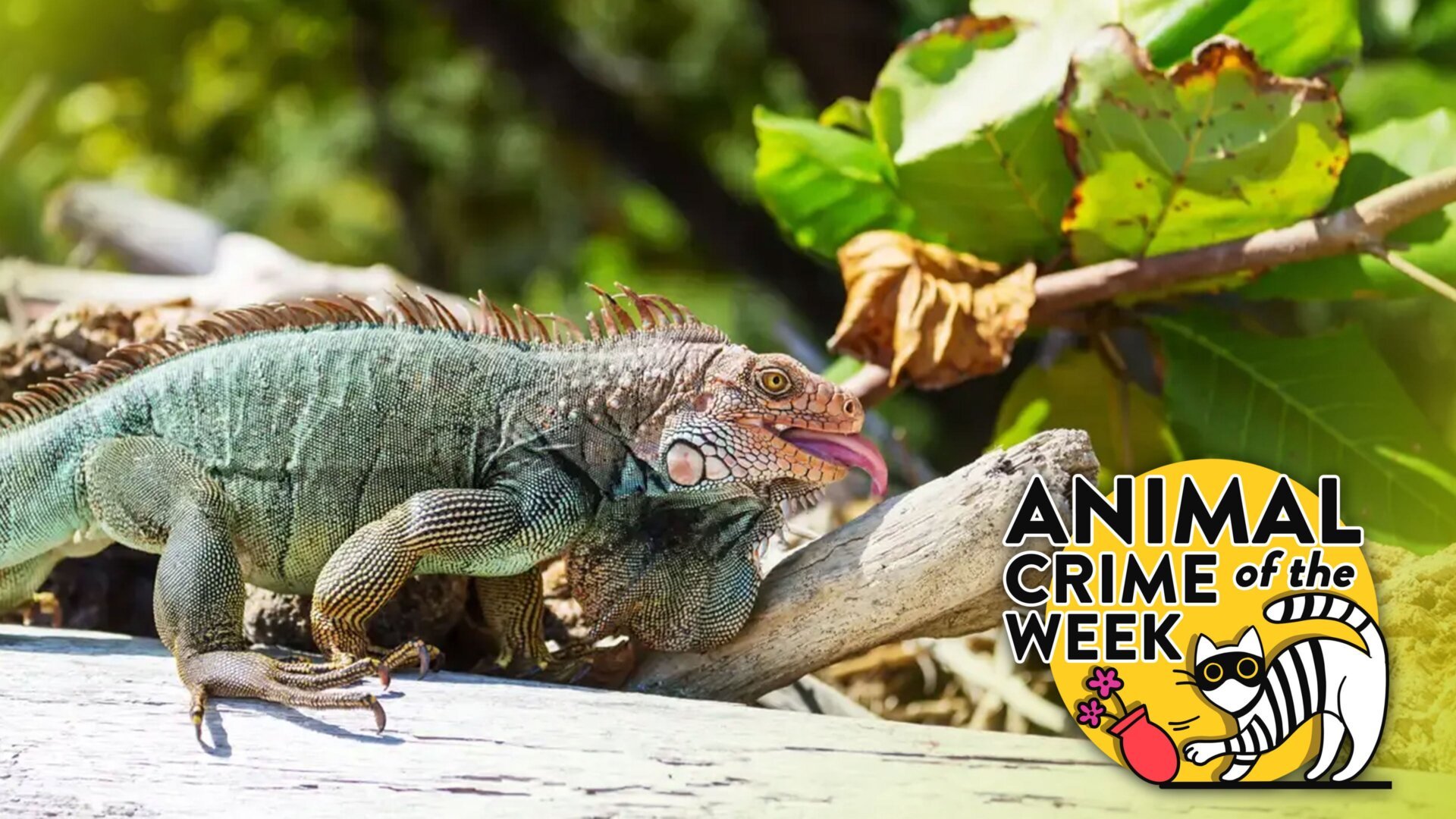Off the coast of Costa Rica, a team of scientists has made a remarkable discovery: four previously unknown deep-sea octopus species thriving near hydrothermal vents. Even more exciting, they found two octopus nurseries, both belonging to a newly identified species named the dorado octopus, classified under the deep-sea genus Muusoctopus.
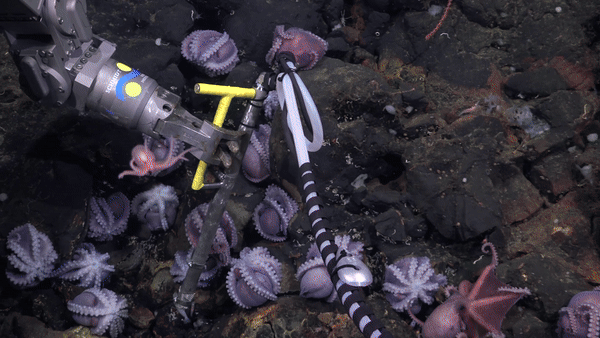 A small, light-colored octopus moves through the dark depths of the ocean.
A small, light-colored octopus moves through the dark depths of the ocean.
While three of the new octopus species are still undergoing scientific description, the dorado octopus has been documented with images and video captured by the ROV SuBastian, operated by the Schmidt Ocean Institute. The footage reveals the otherworldly environment of these deep-sea hydrothermal vents, offering a glimpse into the unique habitat of these newly discovered cephalopods.
The dorado octopus, as revealed by the ROV footage, thrives in the unique ecosystem surrounding the hydrothermal vents. These vents, releasing heated, mineral-rich fluids from the Earth’s crust, create an environment distinct from the surrounding deep sea. The discovery of the dorado octopus nurseries near these vents indicates that these unique habitats play a crucial role in the species’ reproduction and early life stages. Further research on these nurseries and the other three undiscovered species promises to reveal more about the biodiversity of these deep-sea ecosystems.
The discovery of these new species, including the dorado octopus, underscores the vastness of undiscovered life in the deep ocean. The exploration of hydrothermal vents and other unique deep-sea environments continues to yield exciting findings, expanding our understanding of the complex and diverse life forms that call the deep ocean home. This highlights the importance of continued deep-sea exploration and research to unveil the secrets hidden beneath the waves.



